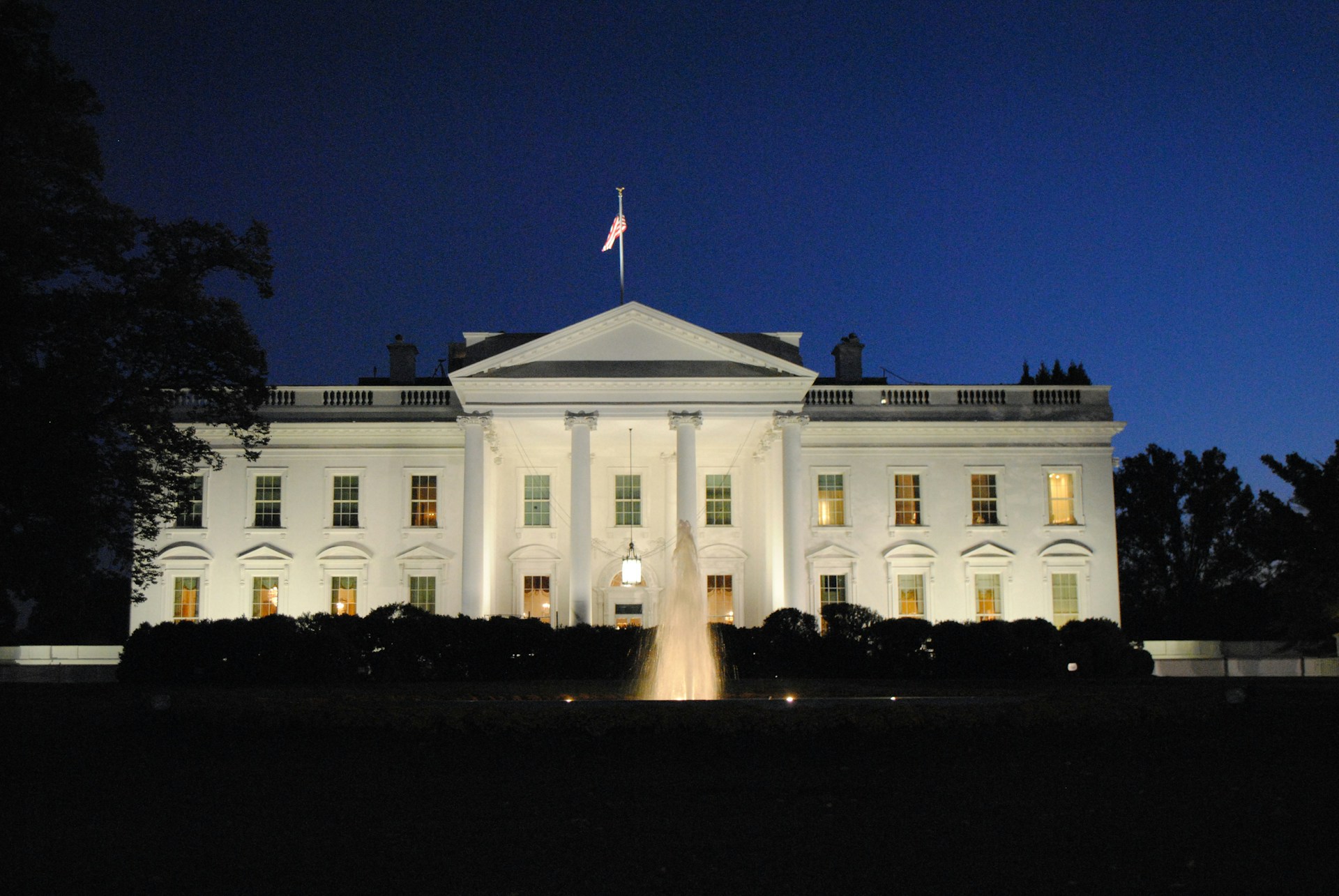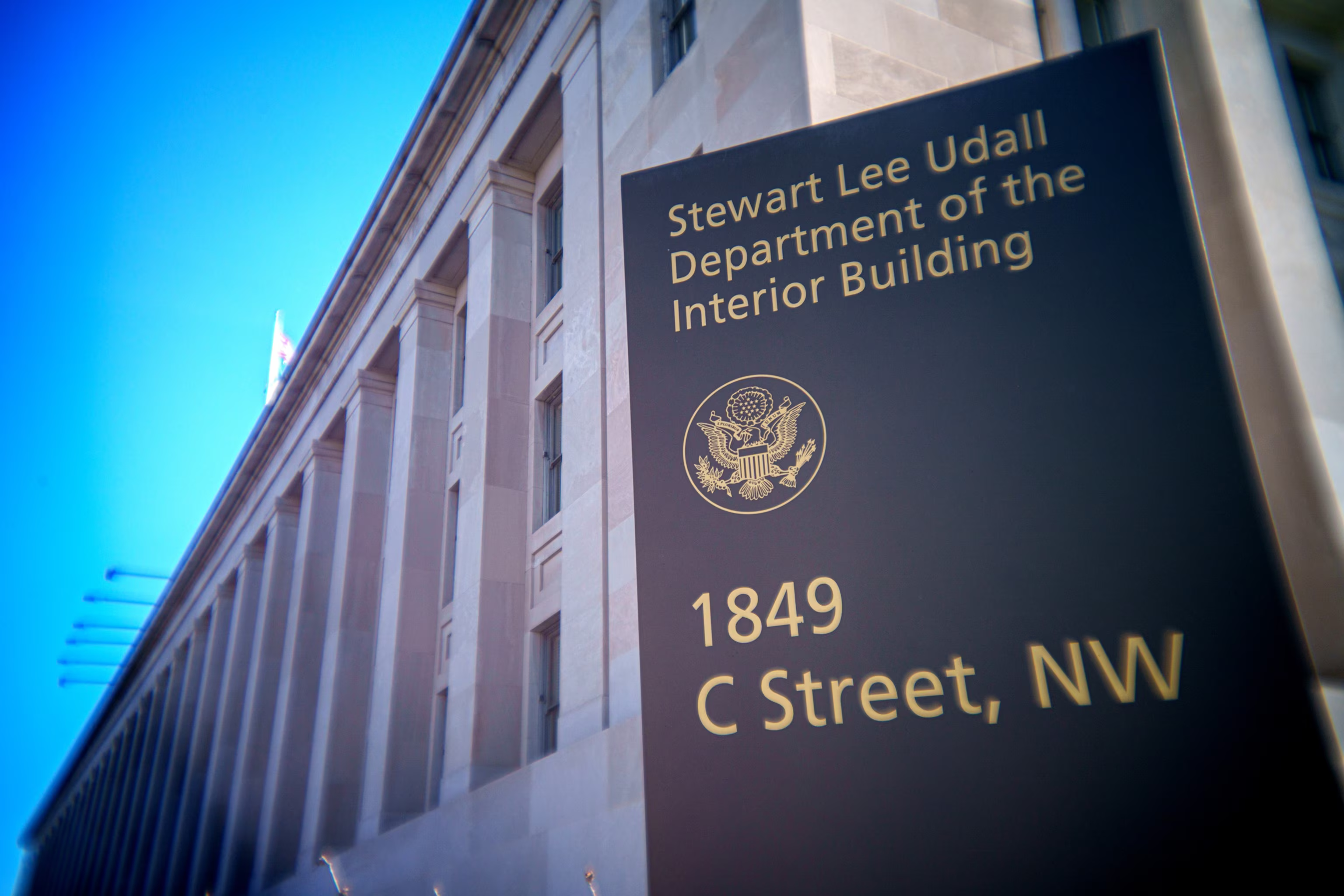In a political landscape fraught with division, Speaker Mike Johnson’s government funding bill has managed to advance in the House, albeit by a razor-thin margin.
This development underscores the precarious nature of current legislative efforts, as the bill faces staunch opposition from Senate Democrats and a veto threat from the White House.
The situation highlights the complexities of governance in a polarized environment, where even procedural victories are fraught with uncertainty.
A Divided House
The passage of the procedural rule in the House, with two GOP defections, illustrates the internal discord within the Republican Party.
Representatives Andy Biggs and Matt Rosendale’s opposition to the stopgap measure reflects a broader ideological split, with hard-right members pushing for full-year spending bills instead of temporary solutions.
This division raises questions about the party’s ability to present a unified front in negotiations, potentially weakening their bargaining position.
Senate and Presidential Opposition
Despite clearing the House hurdle, Johnson’s bill faces significant challenges in the Senate, where Democrats have labeled it a nonstarter.
President Biden’s promise to veto the measure further complicates its prospects. This opposition is rooted in the bill’s controversial provision requiring proof of citizenship for voter registration, a move critics argue could disenfranchise voters and complicate election administration.
The Broader Implications
The ongoing debate over government funding is emblematic of a larger struggle within American politics. As the deadline for a potential government shutdown looms, the stakes are high.
A failure to reach a consensus could result in the shuttering of vital federal services, impacting millions of Americans. Moreover, the political fallout from a shutdown could have significant implications for the upcoming elections, influencing voter perceptions and potentially altering the balance of power.
In conclusion, the advancement of Johnson’s government funding bill, despite GOP defections, highlights the intricate dynamics at play in contemporary governance.
As the bill moves forward, the need for bipartisan cooperation becomes increasingly apparent. The path to a resolution will require navigating a complex web of political interests, with the ultimate goal of serving the public good and upholding democratic principles.
Stay tuned with us to read the most important news from the U.S. and keep yourself informed about the latest developments.
Contact us today through our website or WhatsApp to discover how we can help you achieve success in the United States. Together, we can turn dreams into reality.
Information source: washingtonpost.com



